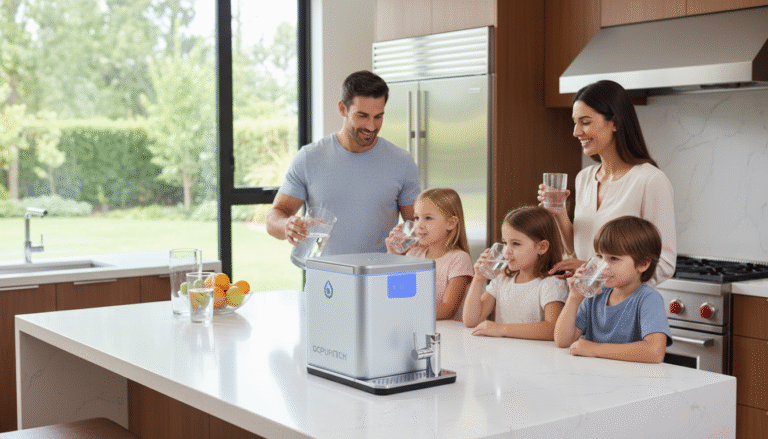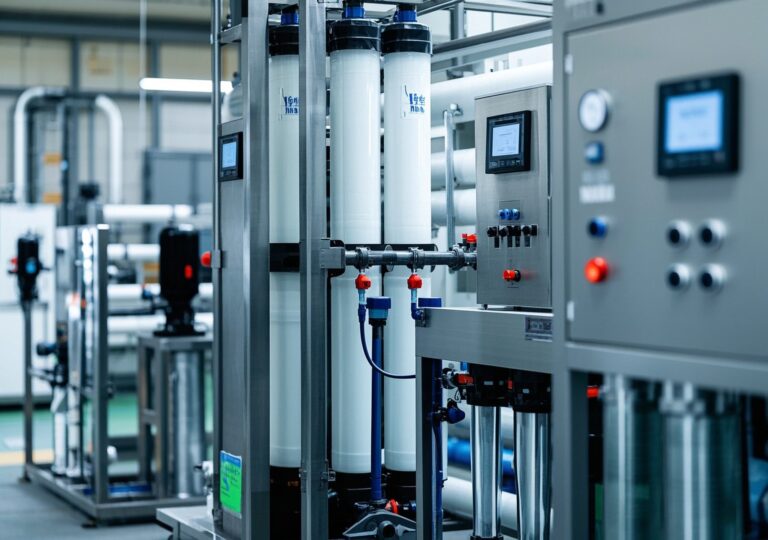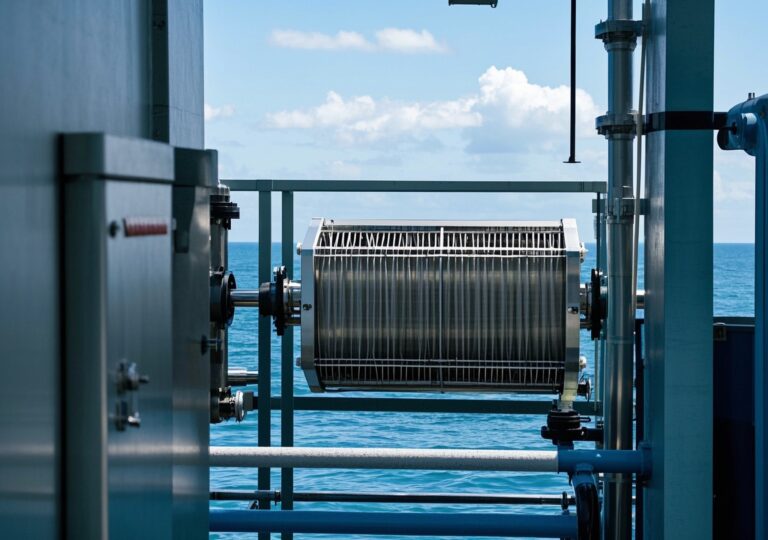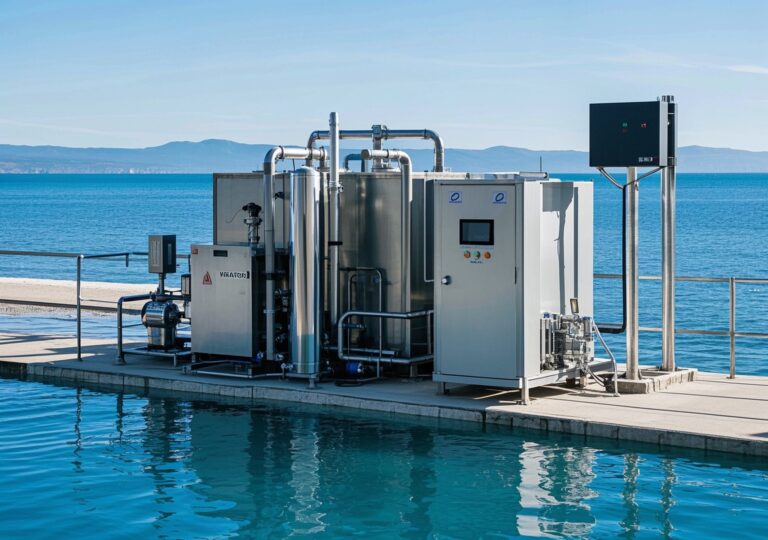Remarkable: Commercial Reverse Osmosis Water Purification System Ups Safety
1. Introduction
Access to safe and clean water remains a fundamental human need and a critical factor for commercial operations across various industries. As global awareness of waterborne contaminants rises and regulatory standards tighten, deploying advanced water purification systems becomes indispensable. Among these, the commercial reverse osmosis water purification system stands out as a leading technology to enhance water safety and quality on a large scale.
With decades of cumulative expertise in water treatment technology, companies worldwide have innovated to develop robust, scalable, and energy-efficient reverse osmosis (RO) systems tailored for commercial facilities. These systems deliver ultrapure water while optimizing resource use, aligning with both health mandates and sustainability goals.
2. Application Background and Market Demand Analysis
Many commercial regions face complex water quality challenges driven by industrial pollutants, biological contaminants, and uneven water source quality. Growing concerns about drinking water safety, coupled with increased environmental regulations, urge businesses to adopt reliable purification solutions.
Customers, employees, and stakeholders now prioritize water safety and environmental responsibility more than ever. From food service providers demanding contaminant-free water to manufacturing plants requiring high-purity water for production, the market is expanding rapidly.
According to authoritative market research, the global industrial water treatment market was valued at USD 24.31 billion in 2022 and is expected to grow at a 6.5% CAGR through 2030. Reverse osmosis systems play a pivotal role in this growth as they meet high-efficiency purification demands across the commercial sector (Grand View Research).
3. Technical Principles Explained
Reverse osmosis functions by applying pressure to force water through a semi-permeable membrane, effectively removing dissolved salts, organic compounds, microbes, and particulates. The key components include:
- Pre-filters: Remove large particulates and chlorine to protect membranes.
- High-pressure pumps: Generate the necessary force to drive water through membranes.
- RO membranes: Core filtration units that discriminate contaminants by molecular size and charge.
- Post-treatment: Optional UV sterilization or mineralization stages to enhance water quality.
This multi-stage process achieves contaminant rejection rates often exceeding 95%, delivering water that complies with stringent safety norms.
4. Company and Product Overview
Leading developers of commercial reverse osmosis water purification systems have expanded from local providers into global innovators. They combine research-driven design with customer feedback to tailor solutions for diverse geographic conditions and regulatory environments.
Their systems incorporate modular architectures and advanced monitoring software, enabling customization for specific regional water chemistries and scale requirements. Investment in continuous R&D ensures the integration of energy-saving pumps, membrane improvements, and smart diagnostics, optimizing operational reliability and cost-efficiency.
5. Product Features and Advantages
Key selling points of these commercial RO systems include:
| Feature | Benefit |
|---|---|
| High rejection rate membranes | Effective elimination of contaminants such as heavy metals, bacteria, viruses, and dissolved solids |
| Energy-efficient pumps and components | Lower operational costs and reduced environmental footprint |
| Automated monitoring and control systems | Real-time diagnostics for proactive maintenance and consistent performance |
| Scalable modular design | Adaptable to varying capacity needs from small commercial kitchens to large manufacturing plants |
| Eco-friendly wastewater management | Reduced reject water and options for recycling contribute to sustainability |
Implementing such systems delivers multiple advantages:
- Health: Reliable elimination of waterborne pathogens safeguards consumer and worker well-being.
- Safety: Consistent water quality minimizes risks of equipment corrosion and contamination.
- Environmental: Meets increasing legislation on wastewater standards and conservation.
- Economic: Lowered maintenance expenses and reduced downtime improve return on investment.
6. Multi-Industry Application Cases
Restaurant Chain Deployment
In a chain of 50 restaurants across a metropolitan area, the installation of commercial RO systems eliminated complaints of off-taste and enhanced food preparation hygiene. Monthly water testing confirmed a 99% reduction in total dissolved solids. The company reported a 20% decrease in water-related machine failures over the first year, underscoring operational stability.
Pharmaceutical Manufacturing Facility
A pharmaceutical plant adopted a high-capacity reverse osmosis system to comply with GMP standards requiring ultrapure water. Customized membrane units achieved contaminant levels below required thresholds, facilitating uninterrupted production. The system’s integrated digital controls predicted maintenance needs, minimizing unplanned downtimes and saving approximately $150,000 annually in operational costs.
Hospital Water Safety Upgrade
Hospitals face elevated demands for sterile water. A healthcare provider’s upgrade to a commercial RO system resulted in immediate improvements in patient safety metrics, with a 50% reduction in waterborne infection reports recorded within six months. Staff feedback highlighted ease of maintenance and timely technical support as key benefits.
7. Installation and Maintenance Guidance
Professional installation ensures optimal system performance and longevity. Recommended steps include:
- Pre-installation water quality assessment to establish baseline parameters.
- Site preparation ensuring stable electrical supply, drainage, and water inlet pressure.
- Membrane integrity testing post-installation and commissioning under supervised conditions.
Ongoing maintenance involves periodic filter replacements, membrane cleaning, system sanitization, and software updates. Many providers offer remote monitoring services to anticipate faults and streamline support.
Local service teams trained to international standards expedite responsiveness, preserving continuity in commercial operations.
8. Competitor Comparison and After-Sales Assurance
When compared to traditional filtration methods such as activated carbon or ion-exchange systems, reverse osmosis stands out for its comprehensive contaminant removal and superior reliability in fluctuating water qualities.
| Technology | Contaminant Removal | Energy Use | Maintenance Complexity | Cost Efficiency |
|---|---|---|---|---|
| Reverse Osmosis | High (95%+ of dissolved solids, microbes) | Moderate to High | Moderate (Membrane care essential) | High ROI over system life |
| Activated Carbon | Medium (Chlorine, organics) | Low | Low | Lower initial cost but limited scope |
| Ion Exchange | Targeted (Hardness ions) | Low | Higher (Resin regeneration) | Variable |
Commercial RO systems typically carry certifications such as NSF/ANSI standards, CE marking, and others depending on regional requirements. Warranty terms often cover membrane performance and component durability, supported by comprehensive technical support and training programs.
9. User Feedback and Success Stories
Real-world testimonials highlight transformative impacts:
“Switching to a commercial reverse osmosis system elevated our kitchen’s water quality, boosting customer trust and reducing equipment downtime significantly.” – Food Industry Facility Manager
“Our pharmaceutical quality assurance team appreciates the system’s precise monitoring and quick alerts, ensuring compliance without disruption.” – Quality Control Director
“The water safety upgrade in our hospital has been a vital step towards patient safety improvements and operational confidence.” – Hospital Facilities Supervisor
10. Conclusion and Call to Action
In an era where water safety and environmental stewardship are non-negotiable, investing in a high-quality commercial reverse osmosis water purification system is both a strategic necessity and a catalyst for operational excellence. These systems provide robust contaminant removal, align with sustainability objectives, and deliver tangible economic benefits.
Businesses and institutions are encouraged to conduct thorough evaluations of their water purification needs and explore solutions that best fit their scale and regulatory context. Embracing advanced RO technology not only protects health but also fortifies business resilience for the future.
Consider initiating a consultation with water treatment specialists to identify optimal system configurations that can meet your safety criteria while maximizing efficiency.
References
- Grand View Research – Industrial Water Treatment Market Size, Share & Trends Analysis Report, 2023–2030




